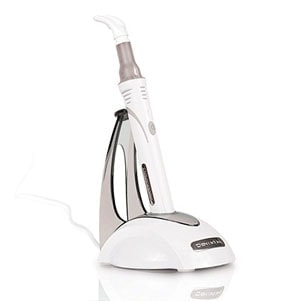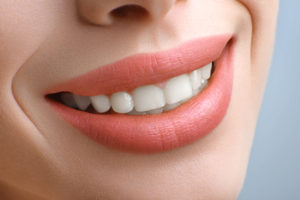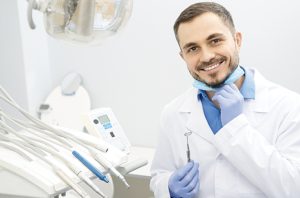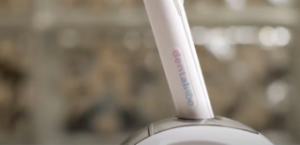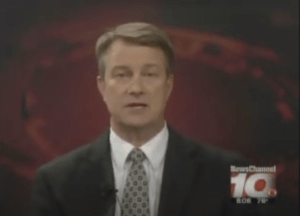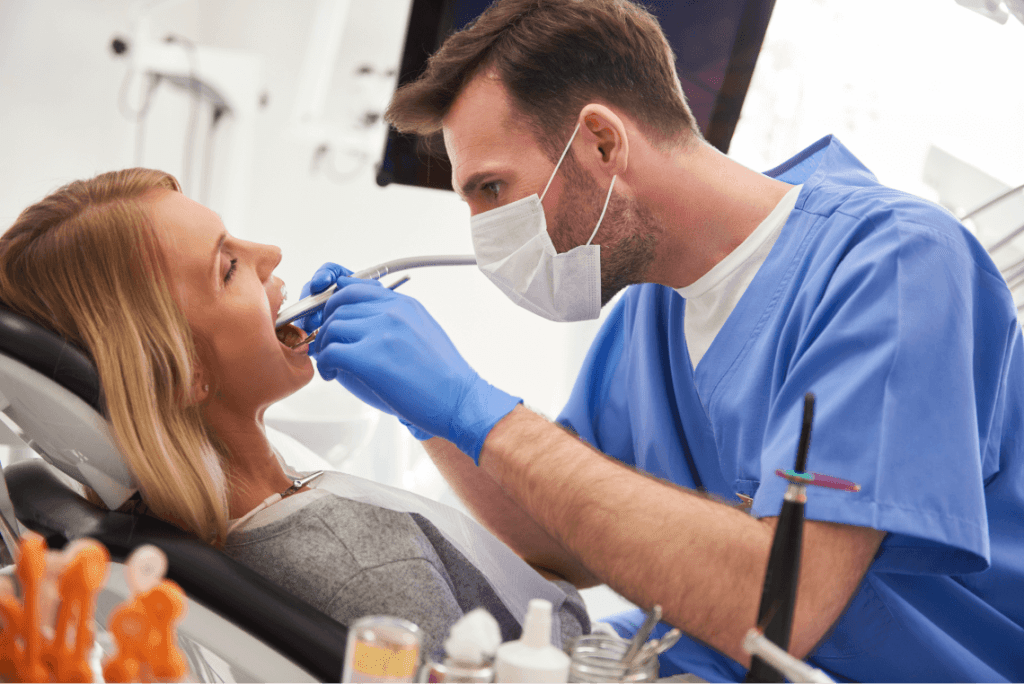Lock jaw, commonly referred to as trismus, affects the jaw movements. This muscle spasm leads to your jaw muscle freezing in a certain position. Lock jaw means you can no longer open your mouth wide or close it. This condition can be painful or can lead to complications including choking a person. The most common cause of lockjaw include medication side effects for cancer ant tetanus treatments.
Symptoms for Lockjaw
Although inability to move your mouth in the commonly known symptom, a patient can also exhibit other symptoms including the following:
- Headaches
- Jaw pain
- Earaches
When a person can no longer move their Jaw, the affected functions include speech, trouble swallowing and inability to understand other people. Persistent lock jaw can result
- Mucositis- a condition where the mouth becomes sore and inflamed
- Xerostomia- a condition where the mouth dries
Lock jaw complications
Continued lockjaw condition can lead to dental health complications. An individual’s health might deteriorate affecting their general health. Complication that may occur after prolonged lock jaw include
- Malnourishment- this happens mainly due to difficulties in swallowing food
- Tooth decay and mouth ulcers- one’s inability to maintain dental hygiene during lockjaw can trigger tooth decay
- Muscle contracture- stiffening of muscles due to change in muscle shape and structure can trigger muscle contracture. When this contracture fails to respond to medication, a patient will likely suffer from muscle spasm.
- Bruxism – tooth enamel may wear away during lock jaw. Patients may also risk having cracked teeth during lock jaw.
Cause of Lockjaw
Lock jaw occurs when the muscle remains in one active position and cannot relax. The condition occurs mainly due to:
- Muscle injury that may have affected tendons, nerves, and ligament
- Hypocalcemia that often occur during thyroid surgery
- Temporomandibular Joint (TMJ) Disorders- TMJ disorder often affects tendons, nerves, and ligament that control joint movements at the temporomandibular. TMJ disorders often develop due to conditions such as Arthritis, Jaw injury teeth injury, jaw/ teeth misalignment, teeth grinding or clenching and other underlying chronic conditions.
- Infections- Infections such as peritonsillar abscess that affect the mouth or jaw muscles often alter jaw movements, resulting in lockjaw.
- Medication- some medications have devastating side effects that can affect muscle movements. Reglan (metoclopramide) is a common medication in this category. Another medication is antipsychotic.
- Cancer- some cancer treatment also has effects on the structures controlling jaw movement.

